A political storm is brewing within the ruling United Democratic Alliance (UDA) as Nandi Senator Samson Cherargei made a stunning claim on the Senate floor, alleging that Kakamega Senator Boni Khalwale has been removed from key UDA WhatsApp groups.
According to Cherargei, the move is linked to Khalwale’s rising popularity and growing criticism of the government’s delivery record in Western Kenya.Speaking during a heated parliamentary session, Cherargei accused Khalwale of leveraging his government position to boost personal political capital in preparation for a 2027 gubernatorial bid.
“He has been sidelined from government communications. He no longer attends strategy meetings and has been kicked out of our core WhatsApp platforms,” said Cherargei.
The claims come at a time when internal cracks within UDA are beginning to surface, with regional power struggles threatening party unity ahead of the next general election.

Khalwale, who once held the position of Government Chief Whip, has recently taken a critical stance against what he perceives as the government’s underperformance in delivering services to the people of Kakamega.In response, Khalwale did not mince words.
He dismissed Cherargei’s remarks as politically motivated and accused him of attempting to tribalize national leadership dynamics. “Why is Cherargei pretending to speak on behalf of the government? Is he the government?” Khalwale asked rhetorically, drawing sharp reactions from the Senate chamber.
Observers believe the public fallout is symptomatic of deeper tensions within the party, particularly among politicians positioning themselves for influence in the lead-up to 2027.
Analysts warn that unchecked factionalism could erode the party’s dominance, especially in critical regions like Western Kenya, where Khalwale still commands significant grassroots support.The Senate drama now places pressure on UDA leadership to step in and mediate what could snowball into a wider internal war.
As both senators continue to exchange accusations, the fate of party cohesion hangs in the balance.With the ruling party already facing mounting pressure on the economic and governance fronts, insiders caution that open internal battles could be politically costly.
Whether this rift is a temporary storm or a sign of deeper rebellion remains to be seen—but one thing is certain: the battle for 2027 has already begun, and it is being fought from within.




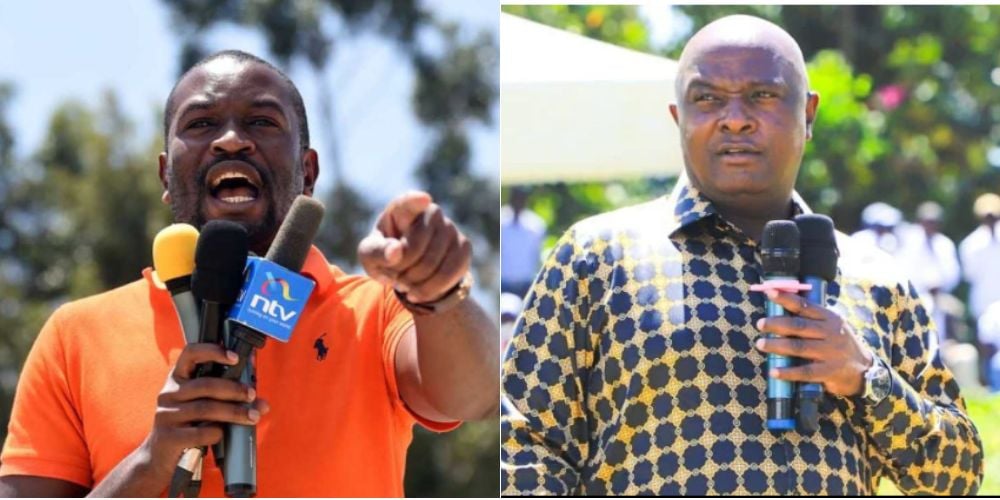
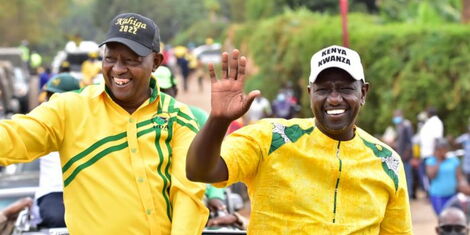
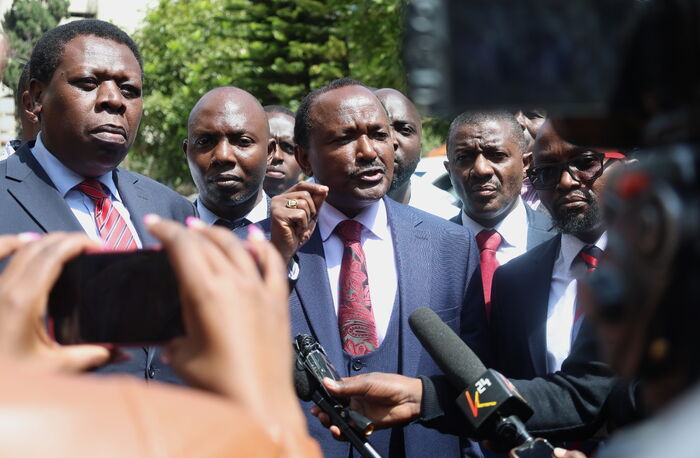
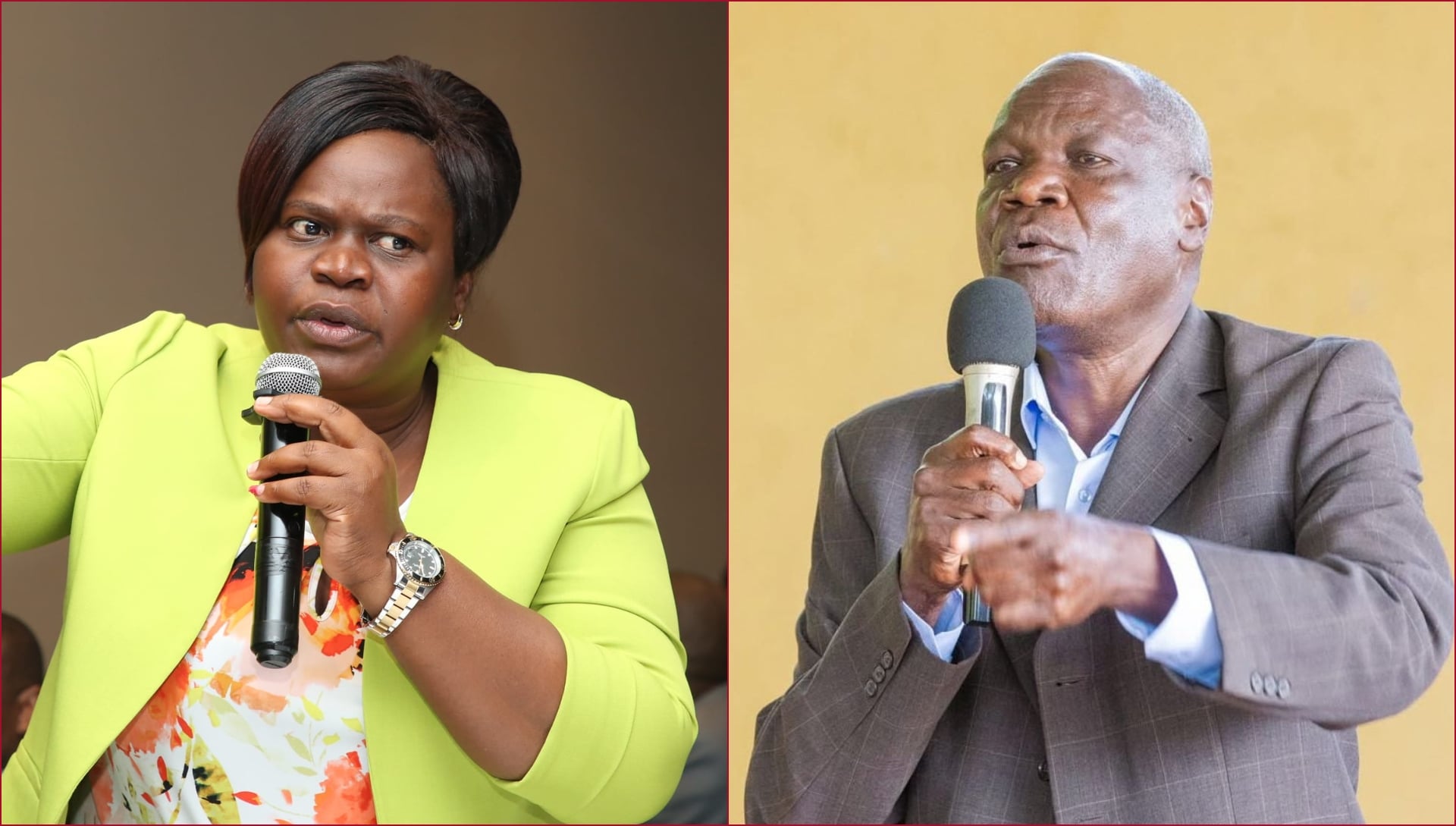
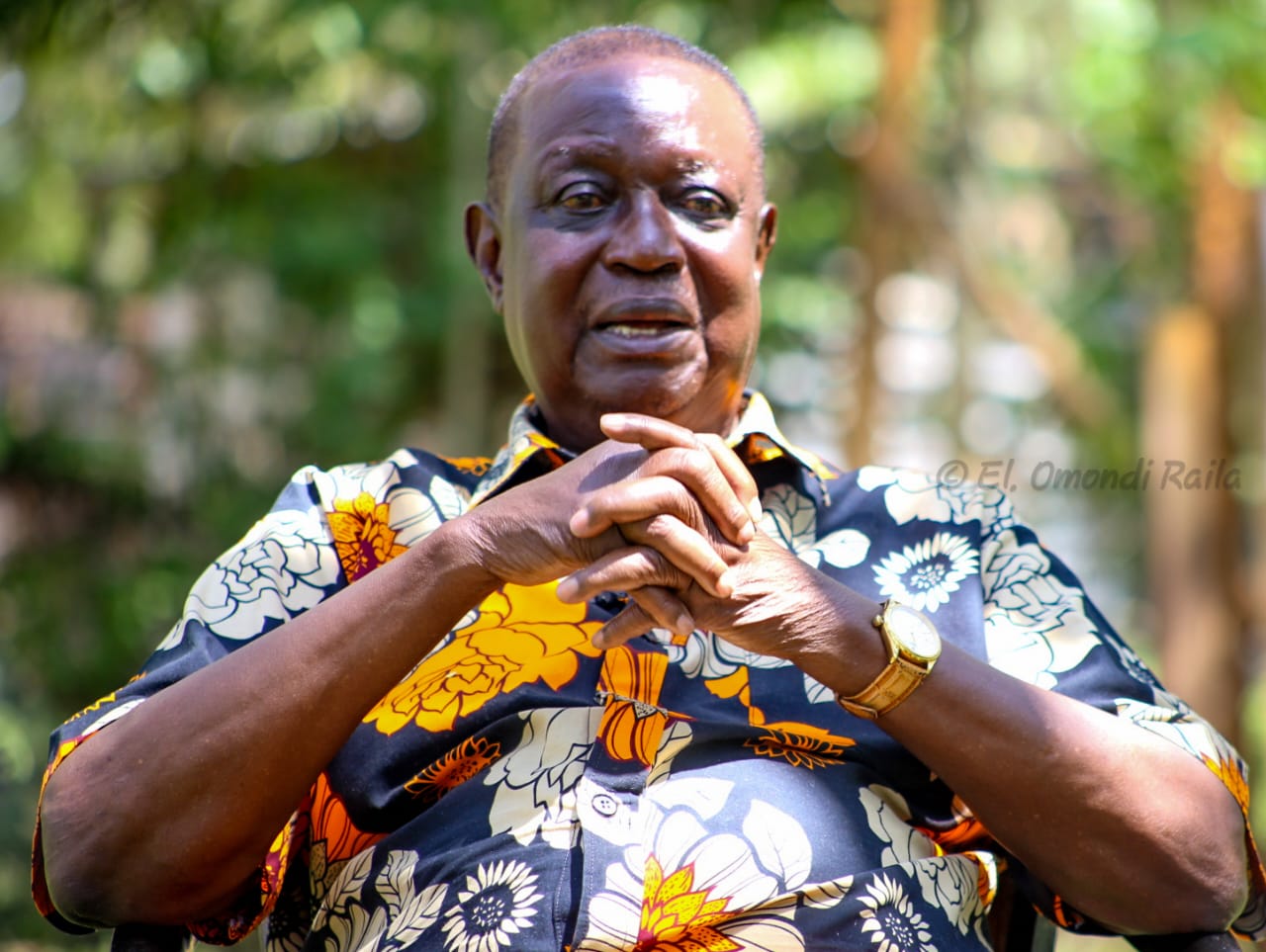
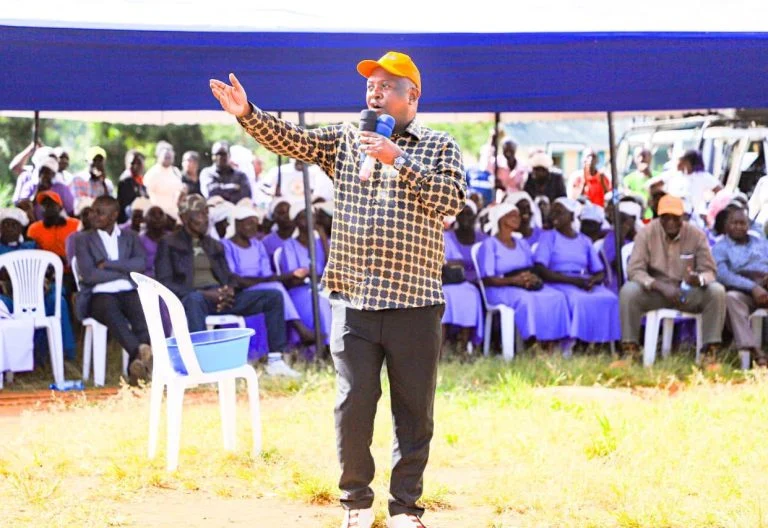
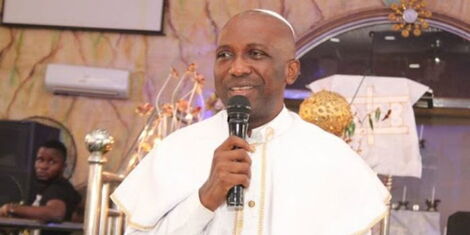
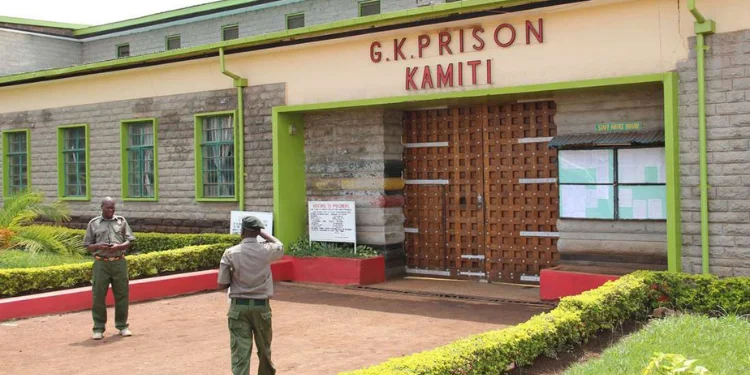

Leave a Reply